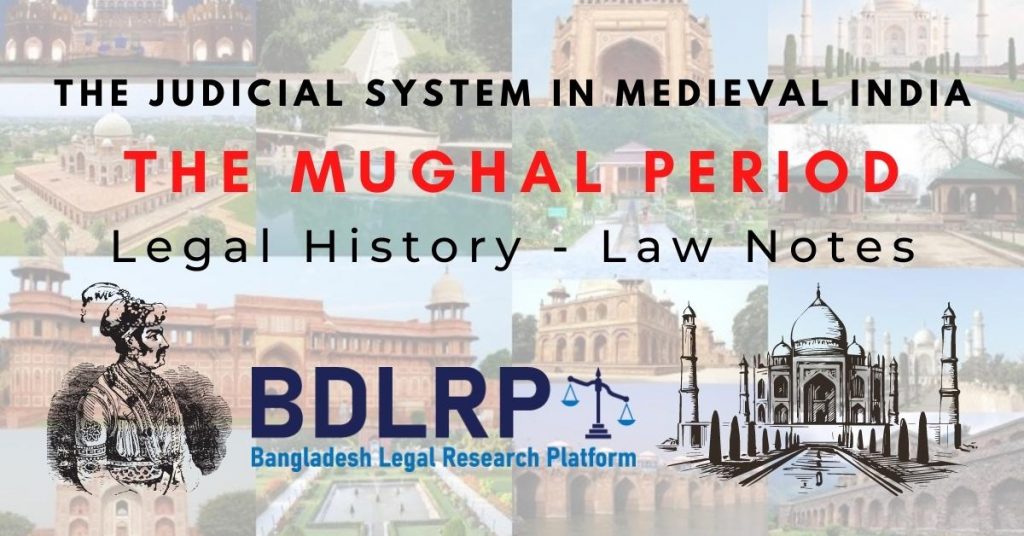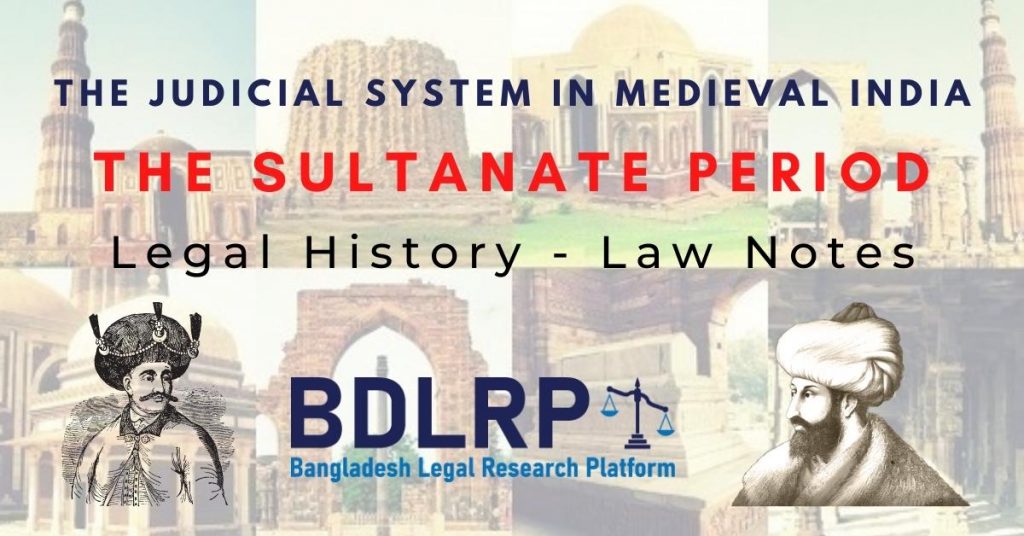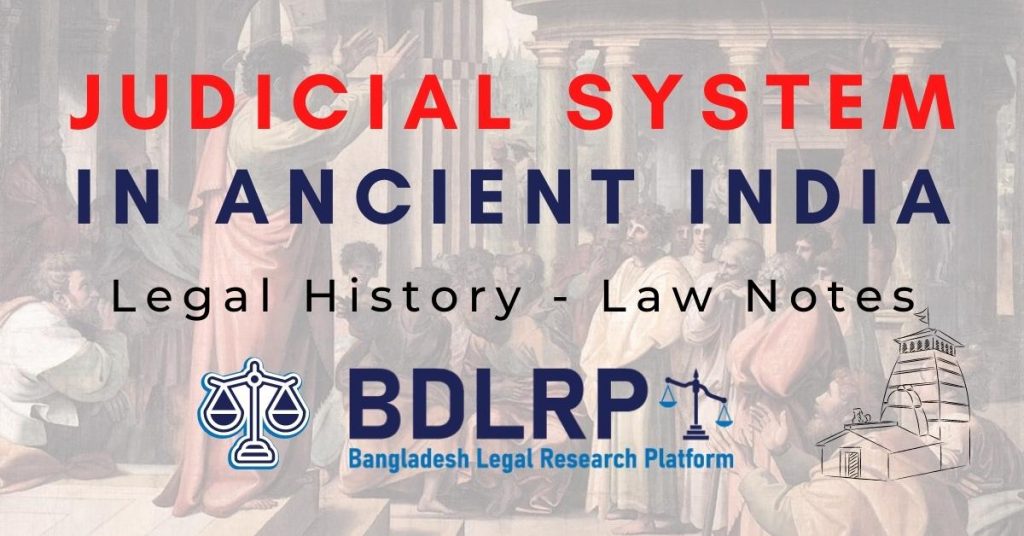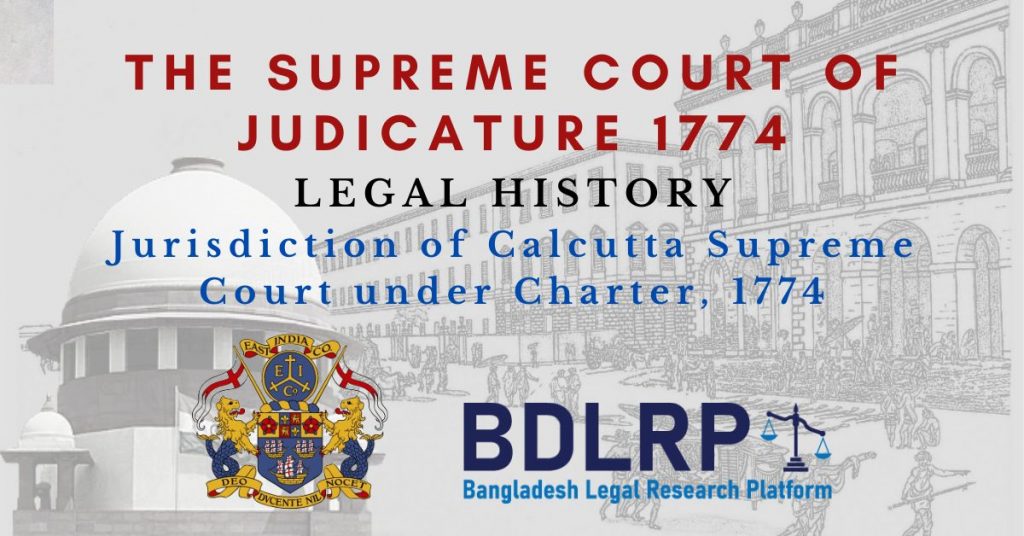The Judicial System in Medieval India: An Overview of The Mughal Period
Introduction: The Mughals principles of administration of Justice were mainly foreign and partly Indian. During the Mughal period (1526-1857) the Mughal emperor was considered the fountain of Justice. The emperor created a separate department of justice to regulate and see that justice was administered properly. Administrative divisions: The Mughal empire was divided into “Subah”. Which […]
The Judicial System in Medieval India: An Overview of The Mughal Period Read More »
Legal History



